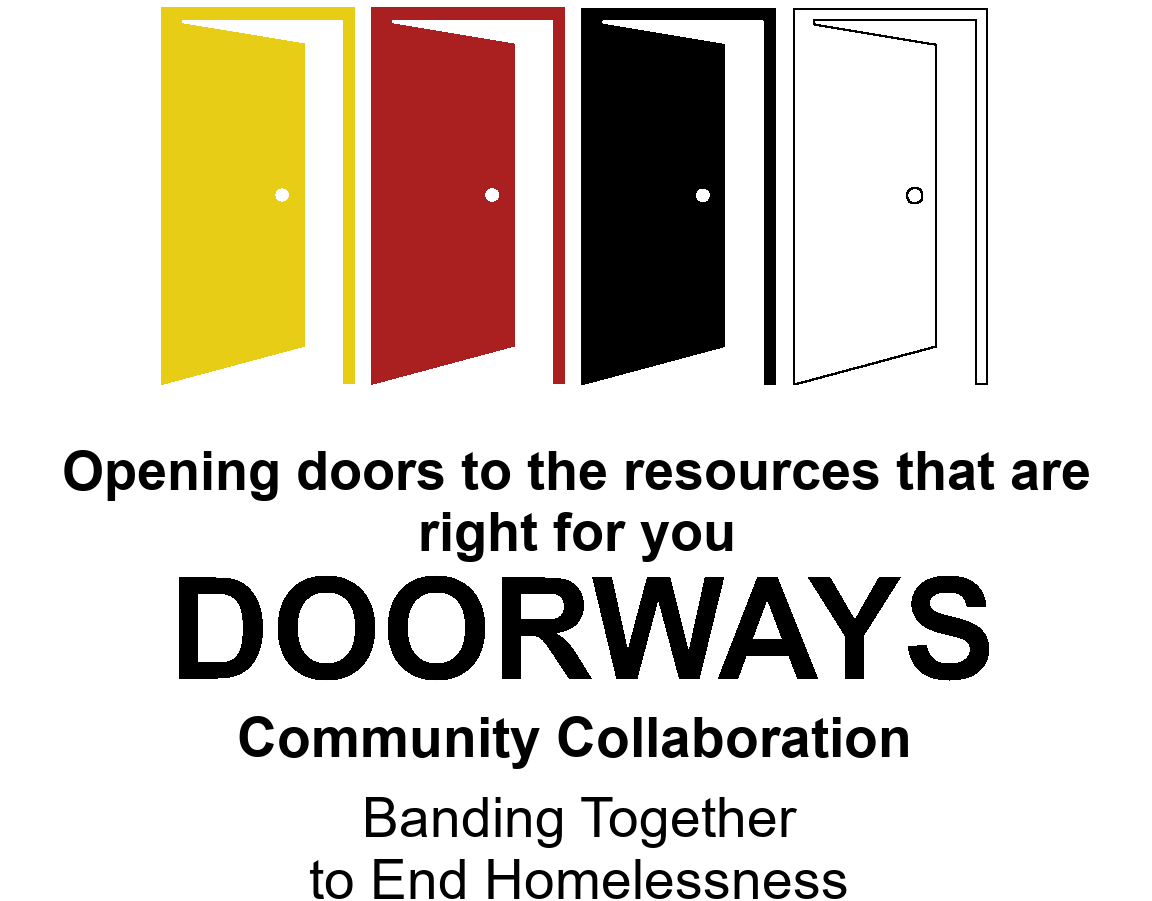Ending Homelessness
Banding Together to End Homelessness
Winnipeg was one of five cities in Canada to participate in the At Home/Chez Soi Housing First Project from 2009 to 2013. This project was a valuable learning experience for the Winnipeg community and laid the foundation for a plan to end homelessness in Winnipeg. The many lessons learned from the At Home/Chez Soi project have and will continue to positively influence Winnipeg’s homelessness strategies. Winnipeg is unique in the fact that more than 70 percent of the homeless population are Indigenous individuals and families.
“Critical to the learning from this project (At Home/Chez Soi) is the importance of knowing and recognizing the historical injustices and systemic issues and the impacts these have had on the Aboriginal population in Manitoba. In working with Aboriginal people who are homeless, a broader social and historical lens must be integrated into the recovery work. Issues of racism, discrimination, systemic barriers, poverty, residential school impact, and institutional involvement with child welfare and justice have resulted in generational and multiple layers of trauma…(Housing First) with cultural adaptions is effective in reducing homelessness within the Aboriginal population. With the right kind of services and supports, Housing First can make a difference; for example, many participants were able to stabilize, feel connected, and had an opportunity to pursue individual goals of recovery, education, and/or work and volunteering.”
– Mental Health Commission of Canada, “(At Home/Chez Soi Project)Winnipeg Final Report” , 2014
In April 2014, The Plan to End Homelessness in Winnipeg was released. The Plan focuses on shifting the paradigm as a community from managing homelessness to ending it. The Plan is based on the premise that stability occurs when an individual or family is living in a safe and secure home with appropriate supports. The Plan sets direction in four key areas: Prevention, Creating a Person-Centred System of Care, Housing Supply, and Measurement. Within each area, long-term goals and strategies, along with early actions, are defined. The plan focuses on ending homelessness for individuals who are chronically or episodically homeless. (The Plan to End Homelessness in Winnipeg, 2014)
We care about people
A key component of this strategy is the development of a ‘centralized intake’ mechanism with the capacity to admit people to the most intensive programs, ensuring a person-centered approach that targets chronically and episodically homeless individuals.
In July 2014, a proposal was submitted to the Homelessness Partnering Strategy (HPS) by the Aboriginal Health and Wellness Centre of Winnipeg, Inc. (AHWC) to develop a model for a coordinated access, intake and assessment system for Housing First programs in Winnipeg.
AHWC is the Secretariat of a community collaboration between five core agencies: Aboriginal Health and Wellness Centre of Winnipeg, Inc., Canadian Mental Health Association Winnipeg Region, Ma Mawi Wi Chi Itata Centre Inc., Eagle Urban Transition Centre and Mount Carmel Clinic. These five core agencies have entered into a Memorandum of Understanding.
In addition, work has been done with three shelter partners, the Salvation Army Winnipeg Booth Centre, Siloam Mission and Main Street Project, to identify an IT data management system to support Doorways’ intake and assessment process.
In April 2015, two agencies were added to the partner agencies providing Housing First supports and services. These two agencies were Resource Assistance for Youth (RaY) and West Central Women’s Resource Centre. In January 2017, three more agencies were added to the partner agencies providing Housing First supports and services. These agencies were MacDonald Youth Services, St. Boniface Street Links and Siloam Mission
